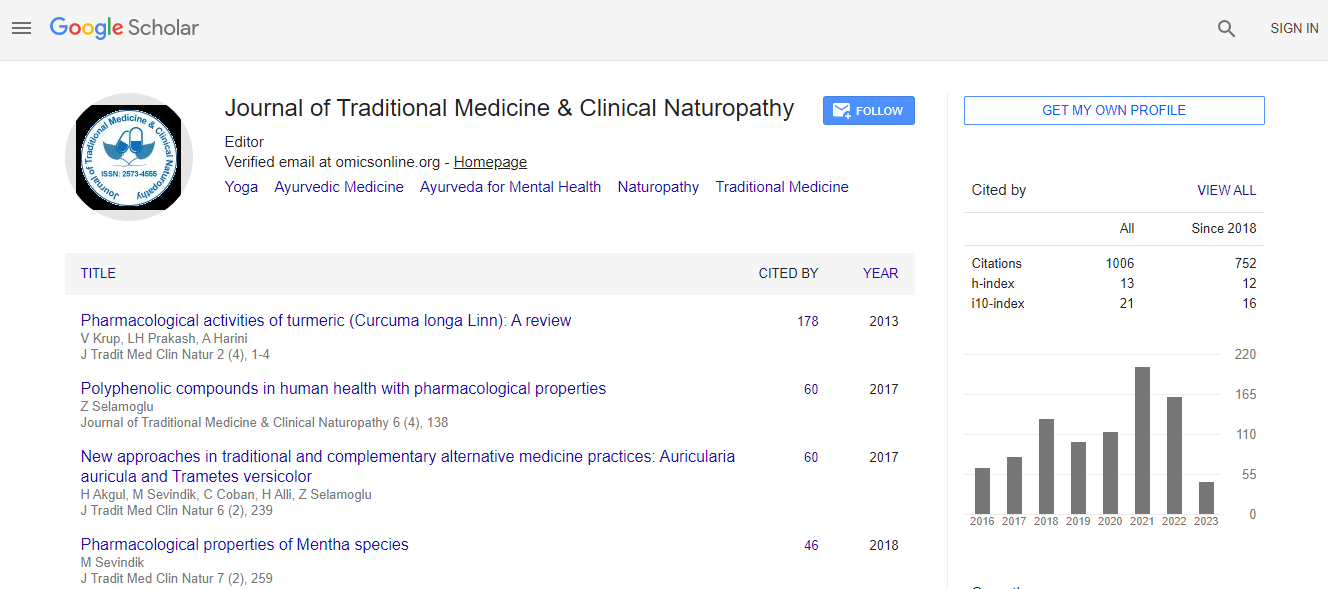Research Article
Cisplatin-Induced Ovarian Cytotoxicity and the Modulating Role of Aqueous Zest Extract of Citrus limonium (AZECL) in Rat Models
Akunna GG1*, Nwafor J1, Egwu OA1, Ezemagu UK1, Obaje G1, Adepoju LH1 and Akingbade AM2
1Department of Anatomy, Federal University Ndufu-Alike Ikwo (FUNAI), Ebonyi State, Nigeria
2Department of Anatomy, Afe Babalola University, Ado Ekiti, Nigeria
- *Corresponding Author:
- Akunna GG
Department of Anatomy, Faculty of Basic Medical Sciences
Federal University Ndufu-Alike Ikwo (FUNAI)
Ebonyi State, Nigeria
Tel: +23408038619526
E-mail: ggakunna@gmail.com, gabriel.akunna@funai.edu.ng
Received date: June 29, 2017; Accepted date: July 11, 2017; Published date: July 17, 2017
Citation: Akunna GG, Nwafor J, Egwu OA, Ezemagu UK, Obaje G, et al. (2017) Cisplatin-Induced Ovarian Cytotoxicity and the Modulating Role of Aqueous Zest Extract of Citrus limonium (AZECL) in Rat Models. J Tradit Med Clin Natur 6:228.
Copyright: © 2017 Akunna GG, et al. This is an open-access article distributed under the terms of the Creative Commons Attribution License, which permits unrestricted use, distribution, and reproduction in any medium, provided the original author and source are credited.
Abstract
Cisplatin is a prominent member of the effective broad-spectrum antitumor drugs. However, its clinical usage is restricted due to some adverse side effects, such as testiculototoxicity, hepatotoxicity and nephrotoxicity. The aim of this study is to evaluate the effect of Aqueous Zest Extract of Citrus limonium (AZECL) on the ovary of female Wistar rat treated with Cisplatin. Twenty adult female Wistar rats were divided into four groups (A-D) containing five rats each. Group A rats served as negative control and were treated orally with 2.5 ml/kg body weight of normal saline, group B rats served as positive control group and were treated intraperitoneally with a single dose of 10 mg/kg body weight of Cisplatin, group C rats were treated orally with 50 mg/kg body weight of AZECL and group D rats were treated intraperitoneally with a single dose of 10 mg/kg body weight of Cisplatin and two weeks later treated orally with 50 mg/kg body weight of AZECL. Result showed a significant (p<0.01) decrease in primary follicles, secondary follicles, graafian follicles and a significant (p<0.01) increase in atretic follicles, PAS positive reaction and reduction in the total carbohydrate contents of the stromal cells in the positive control group. Also there was a significant (p<0.05) decrease in the activity level of FSH, LH and a significant (p<0.05) increase in Malondialdehyde when compared to rats in group A and C. The group post-treated with the extract had remarkable normalization of the histo-morphometric, histochemical and biochemical parameters when compared to the positive control group. Aqueous zests extract of C. limonium has a curative effect on cisplatin-induced cytotoxicity on the ovary.

 Spanish
Spanish  Chinese
Chinese  Russian
Russian  German
German  French
French  Japanese
Japanese  Portuguese
Portuguese  Hindi
Hindi 
